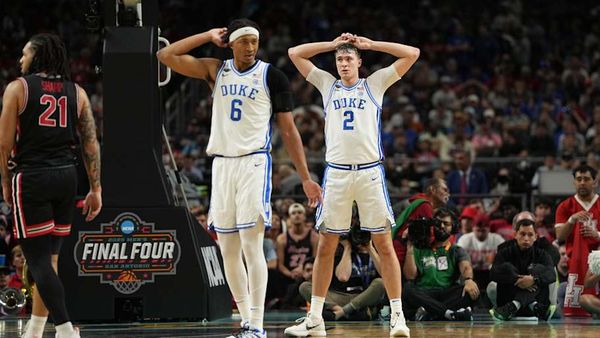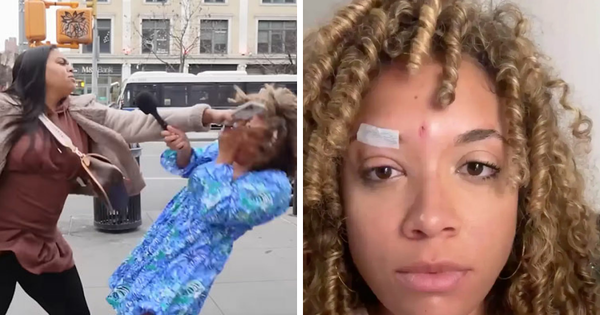Shoppers have been warned why they should never drink coffee before visiting the likes of Tesco, Aldi, Lidl, Home Bargains, Sainsbury's and Morrisons. The Journal of Marketing has been studying how the consumption of coffee influenced spending.
But taking a break from a little retail therapy with a cappuccino or latte could be causing people to spend more money, reports Lancashire Live. The research has also found that drinking coffee stimulated buying more items as well as spending more money and influencing what was bought.
As well as candles and massagers, caffeinated shoppers were also more likely to spend big on fragrances, chocolate, decorative objects, and luxury vacations; while low hedonic items like stationery, kitchen utensils and storage items were less likely to be purchased by buzzed buyers.
Read more: Warning issued for drivers buying petrol at Tesco, Asda, Morrisons, Sainsbury's
Justifying their investigation, the paper's authors said caffeine was under-researched saying: "Understanding how and why caffeine consumption influences spending is important since caffeine is one of the most powerful stimulants that is both legal and widely available."
To find this out, social scientists from across the world conducted studies on people entering shopping centres, handing some a caffeinated beverage and others decaf or water. After running trials in Spain and France, their results were convincing: "We found that the caffeine group spent significantly more money and bought a higher number of items than those who drank decaf or water."
The study states that this happened because coffee triggers a state of physical arousal in the body, where one feels active, energised and excited. In this state, we become more perceptive to a product's features and more swayed by pleasing aesthetics, says the Mirror.
The sweet spot for this is a low to medium dose of coffee, with 30mg to 100mg of caffeine inducing an energetic arousal conducive to shopping, while higher doses tend to cause a more tense and difficult rush.
They concluded: “Hence, consumers trying to control impulsive spending should avoid consuming caffeinated beverages before shopping. Policy makers may also want to inform consumers about the potential effects of caffeine on spending."
Read next:
Runner in loose-fitting shorts suffers wardrobe error in World Athletics Championships
DWP legal challenge could lead to 2 million people being awarded up to £1,500
Nottingham beach with free attractions open in Victoria Centre shop
Christine McGuinness 'on top of the world' after Paddy McGuinness split and hints at new TV project







